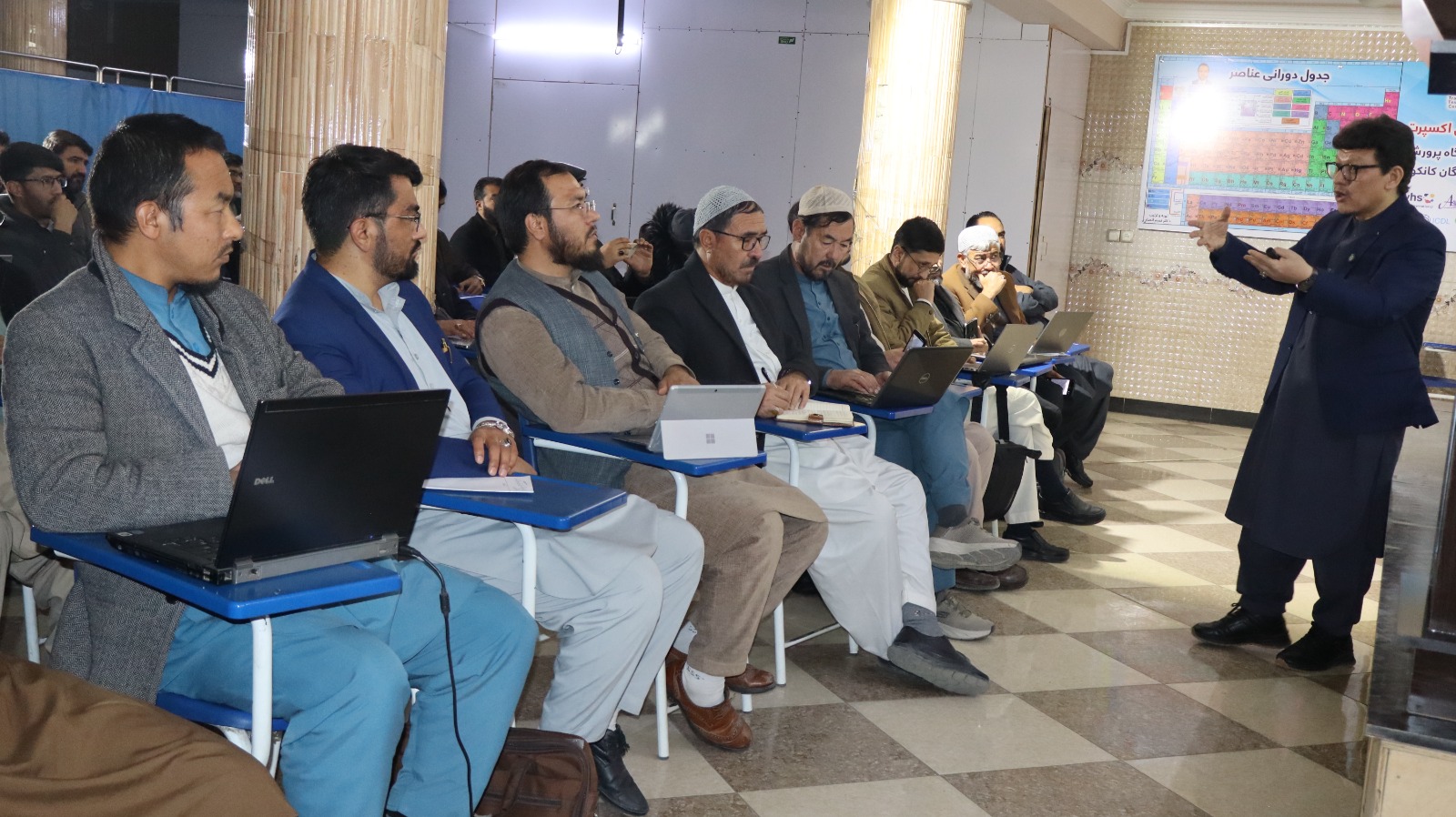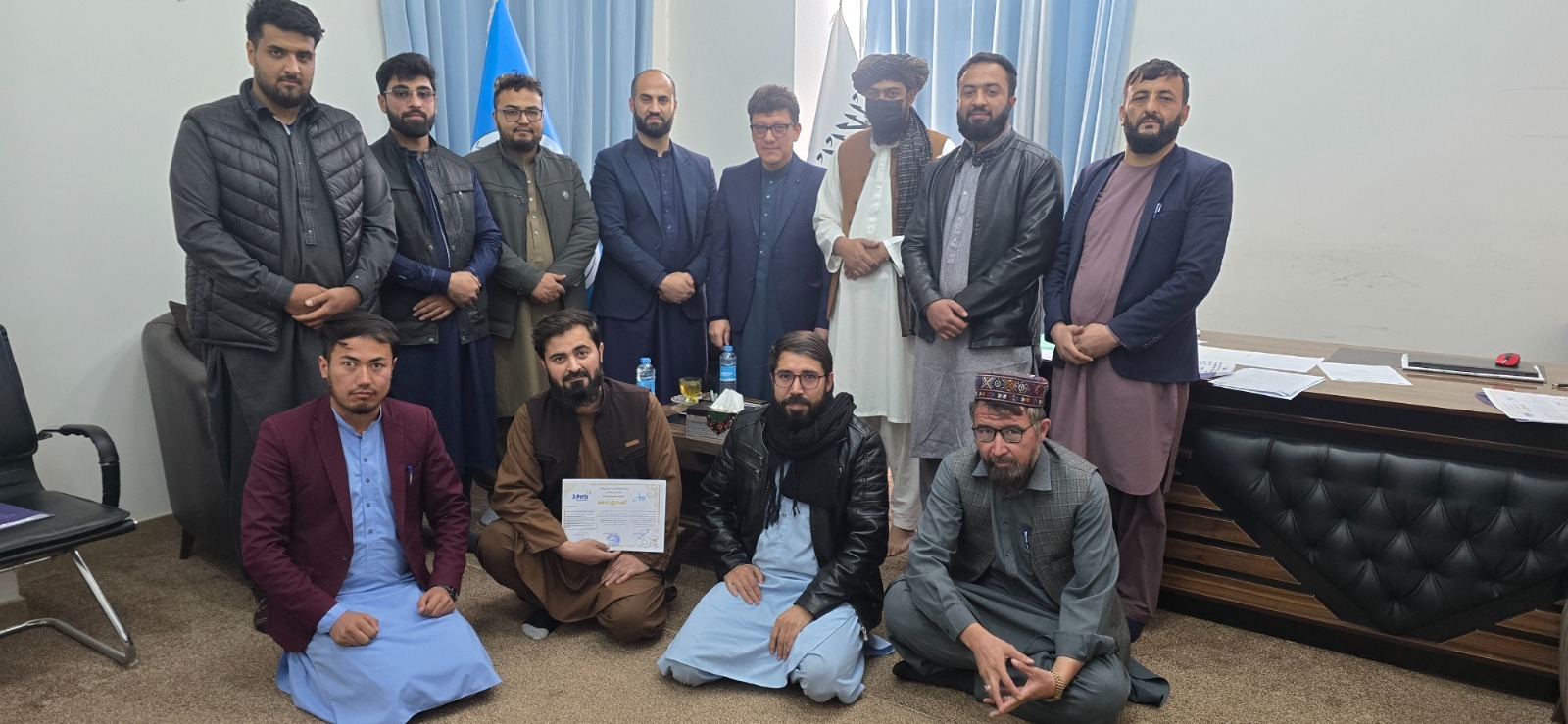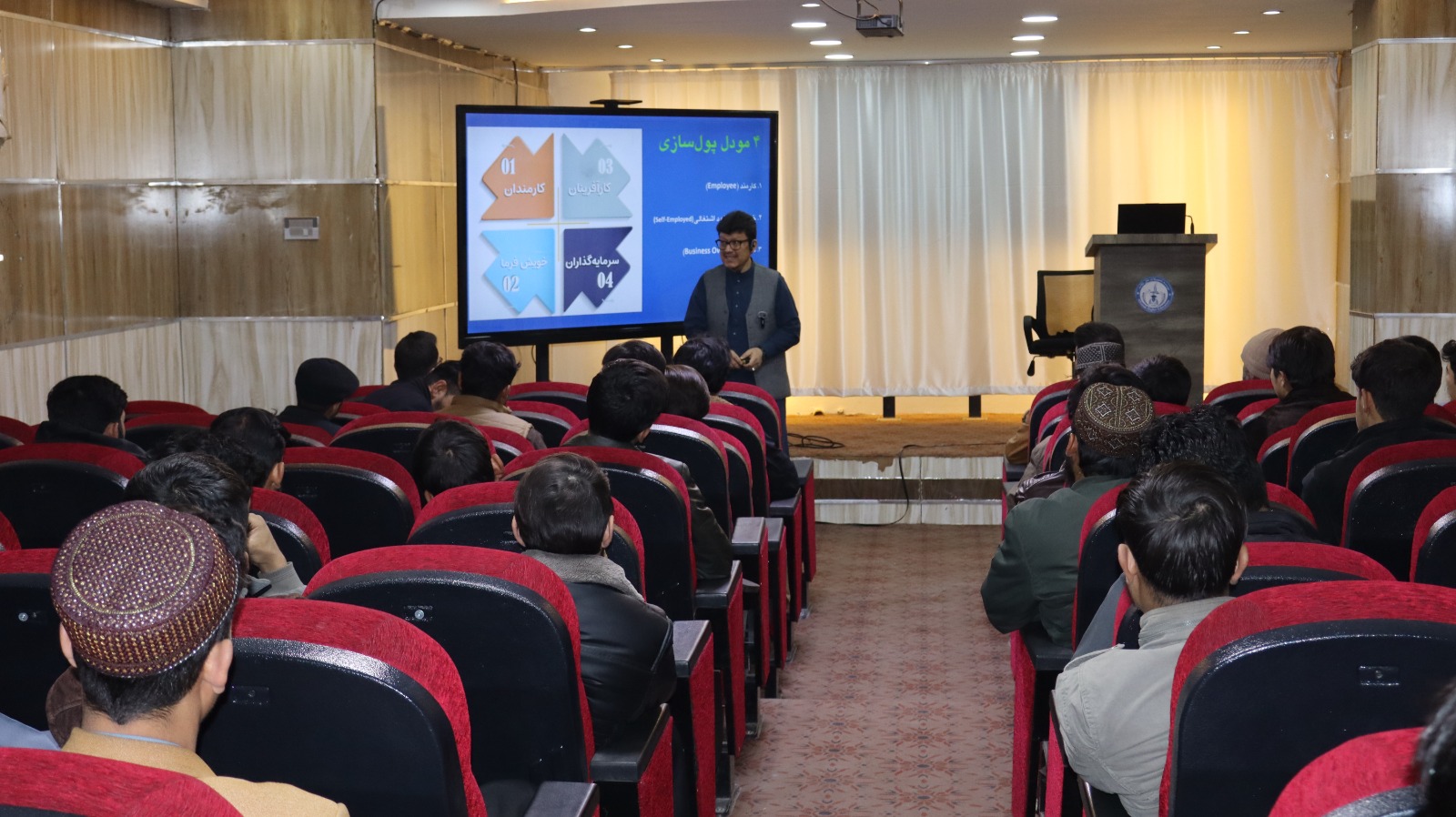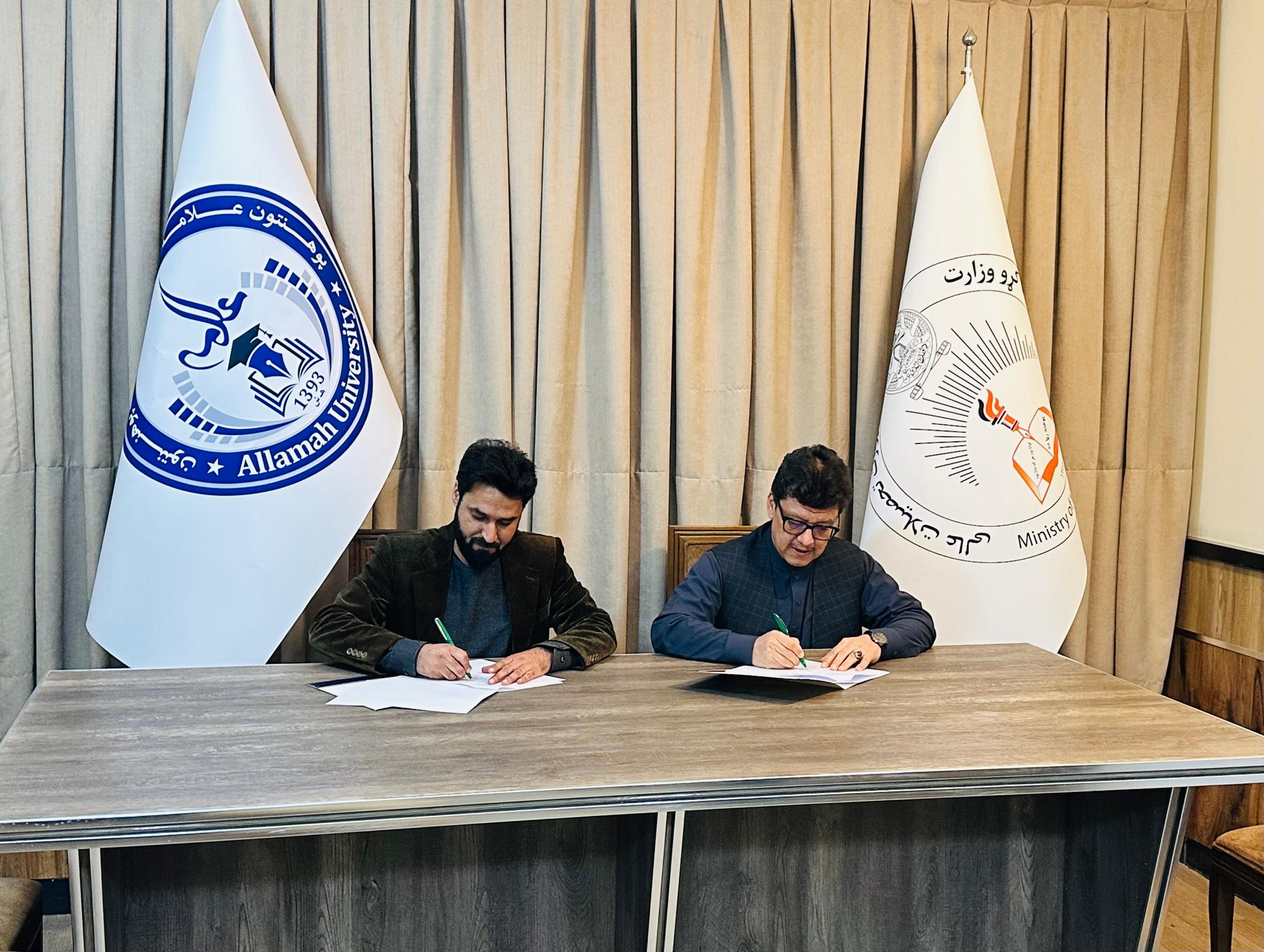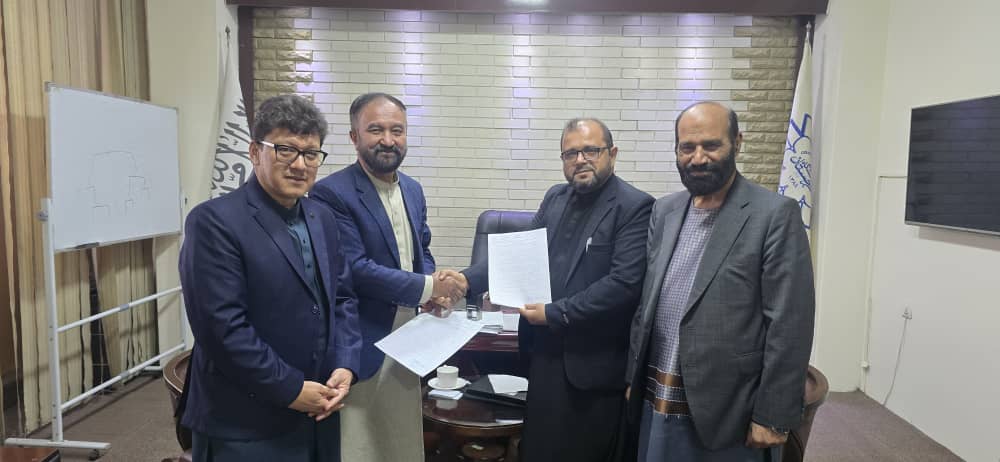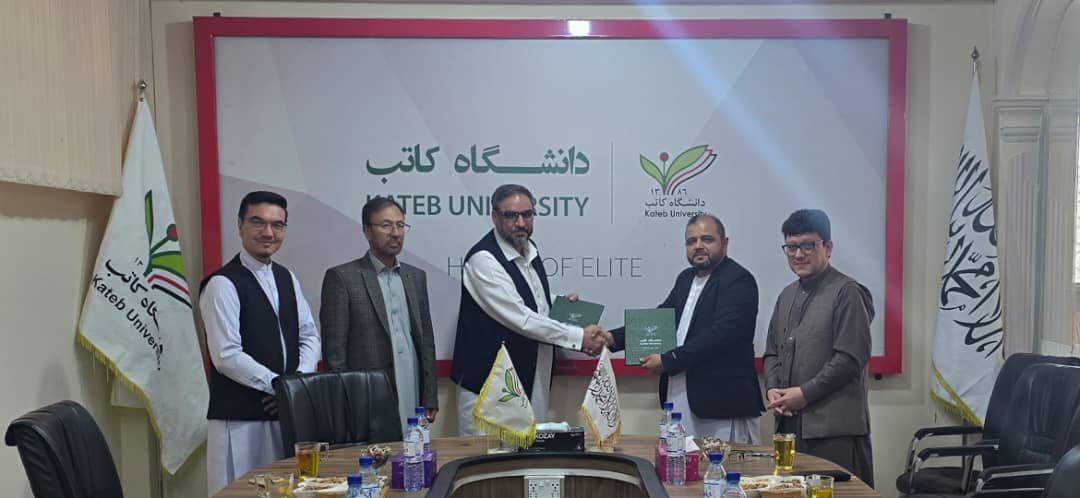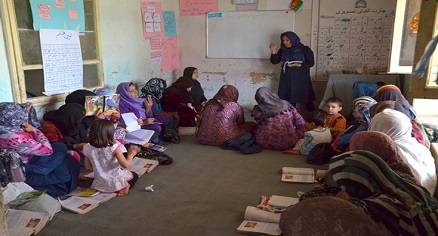
The UNESCO Institute for Lifelong Learning (UIL) just publish important lessons learnt and recommendations for policy makers and organisation active in literacy education in regard to mass adult literacy campaigns and programmes.
Ulrike Hanemann’s study examines major adult literacy campaigns and programmes that ran between 2000 and 2014 in thirty-two countries.
These experiences from past mobilisation campaigns should help to achieve the literacy target of the new global education agenda, Education 2030.
Mass adult literacy campaigns were particularly popular in the 1970s and 1980s. Campaigns have long been used to mobilize people and resources on a large scale as a means of achieving ambitious literacy objectives within a limited amount of time.
The Education for All movement (2000–2015) gave mass adult literacy campaigns fresh impetus and popularity.
Thus over the past decade, major literacy campaigns and programmes have been launched in all world regions with the aim of improving the literacy levels of the young and adult population. Usually, an intense campaign running for a short period is followed by programmes which are more selective with regard to target groups and which tend to develop institutional and organizational structures.
The recommendations resulting from Hanemann’s analysis of these campaigns and programmes can support further discussion of the implementation of the Sustainable Development Goals (SDGs), in particular Target 4.6 of the Education Goal (SDG 4): ‘By 2030, ensure that all youth and a substantial proportion of adults, both men and women, achieve literacy and numeracy’.
The analysis focuses on ten main aspects:
(1) duration and number of adults targeted; (2) funding;
(3) policies and legislative measures; (4) social mobilization;
(5) partnerships and management structures; (6) inclusiveness;
(7) recruitment, payment and training of educators; (8) pedagogical aspects;
(9) monitoring and evaluation; and (10) the continuity of learning opportunities.
Based on the case studies it examines, the study identifies the strengths and challenges of the campaign approach to literacy education.
For further information please see the following link or download the document from ANAFAE website:
http://unesdoc.unesco.org/images/0024/002451/245161E.pdf
by Ulrike Hanemann, Senior Programme Specialist Literacy & Basic Skills Programme
